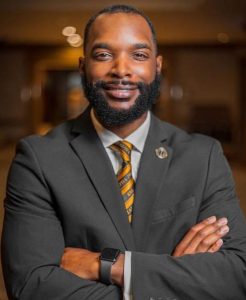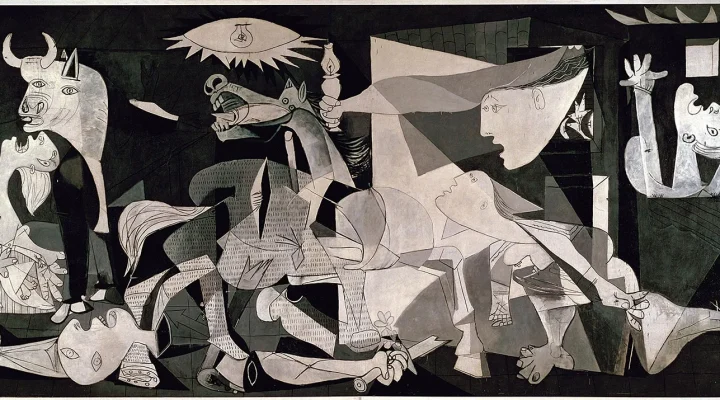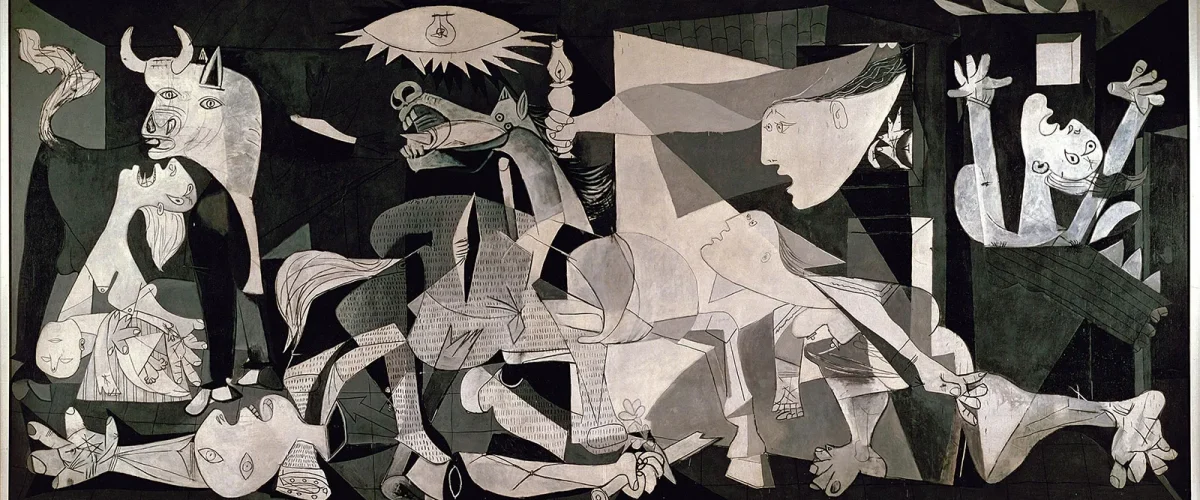One of the most influential artists of the 20th century, painter Pablo Picasso, once said, “The world today doesn’t make sense, so why should I paint pictures that do?”
It is quite the statement from someone who painted more than 20,000 pieces of art in his long-storied career. Poignantly, the first half of the quote is in and of itself picturesque of my own personal reflection from what’s transpired over the past week.
For the first time in the 234-year history of the United States Congress, the ever-evolving ugliness of politics reared its head in Washington, D.C., when the speaker of the House was ousted.

Wesley Thompson
Then we all woke up to the news Saturday morning of Israel being attacked by the militant group Hamas, which has so far killed 1,000 people and injured thousands more. Officials are calling it the most unprecedented attack ever to hit Israel as war has now been declared.
We’ve seen multiple protests break out in the city of Decatur, Ala., as people are in an uproar due to unanswered questions from the tragic violent shooting of Steve Perkins by Decatur police. It has been an unfortunate reminder that such incidents are not constricted to a Minneapolis with George Floyd or a New York City with Eric Garner or a Houston with Sandra Bland. Even our smaller and less-well-known towns like Decatur are susceptible to such actions and reactions.
Trying to process the historical trifecta of these global, national and local occurrences that all happened within a few days has left me and so many others feeling like Picasso: “The world today doesn’t make sense!”
In my own creative gift that is the art of preaching, the events of this past week presented a similar confessed question that encircled my heart and spirit Sunday morning as I prepared to mount the sacred podium.
Considering what took place in D.C., Israel and Decatur last week, I thought, “The world today doesn’t make sense, so why should I preach about a God who does?”
There’s the father sitting before me in the sanctuary who is working two or three jobs just to make ends meet yet still faces the difficult choice between paying the utility bill or putting a smile on his child’s face with a gift for their upcoming birthday.
His situation doesn’t make sense, so why should I preach to him about a God who does?
There’s the middle-aged sweet woman on the other side of the sanctuary who has deeply struggled with losing a loved one and has done the right things by going to therapy, taking classes on grief and praying to find healing, yet she still feels just as empty today as she did on the day her loved one died.
“Suddenly I began to contemplate how Picasso answered his question, and that’s when it hit me.”
Her situation doesn’t make sense, so why should I preach to her about a God who does?
There’s the teenager sitting in the back of the sanctuary who recently considered taking their life because they thought it was the only way to deal with life.
Their situation doesn’t make sense, so why should I preach to them about a God who does?
This was the question I wrestled with Sunday morning as an artist standing at the canvass of the podium.
Suddenly I began to contemplate how Picasso answered his question, and that’s when it hit me. If I had to guess, I believe Picasso’s answer is in his work. Because even after asking that profound question, Picasso continued to paint. And I believe the reason he continued is because he had hope that his paintings could possibly project sense into the world.
So, in spite of how last week made me feel, I preached Sunday morning. I preached for the same reason I and other prognosticators of the gospel preach every week, no matter what events have ensued.
We preach trusting the God we preach will eventually project sense into a senseless world.
We preach trusting the love of the God we preach will eventually project love into a world that’s so hateful.
We preach trusting the healing of the God we preach will eventually project healing into a world that’s so hurt.
Keep contemplating. Keep wrestling. Keep creating. Keep preaching.
The world needs your art.
Wesley Thompson is a hospice chaplain and also senior pastor of Bethel Colbert Missionary Baptist Church in Leighton, Ala. He earned a master of divinity degree from McAfee School of Theology.


